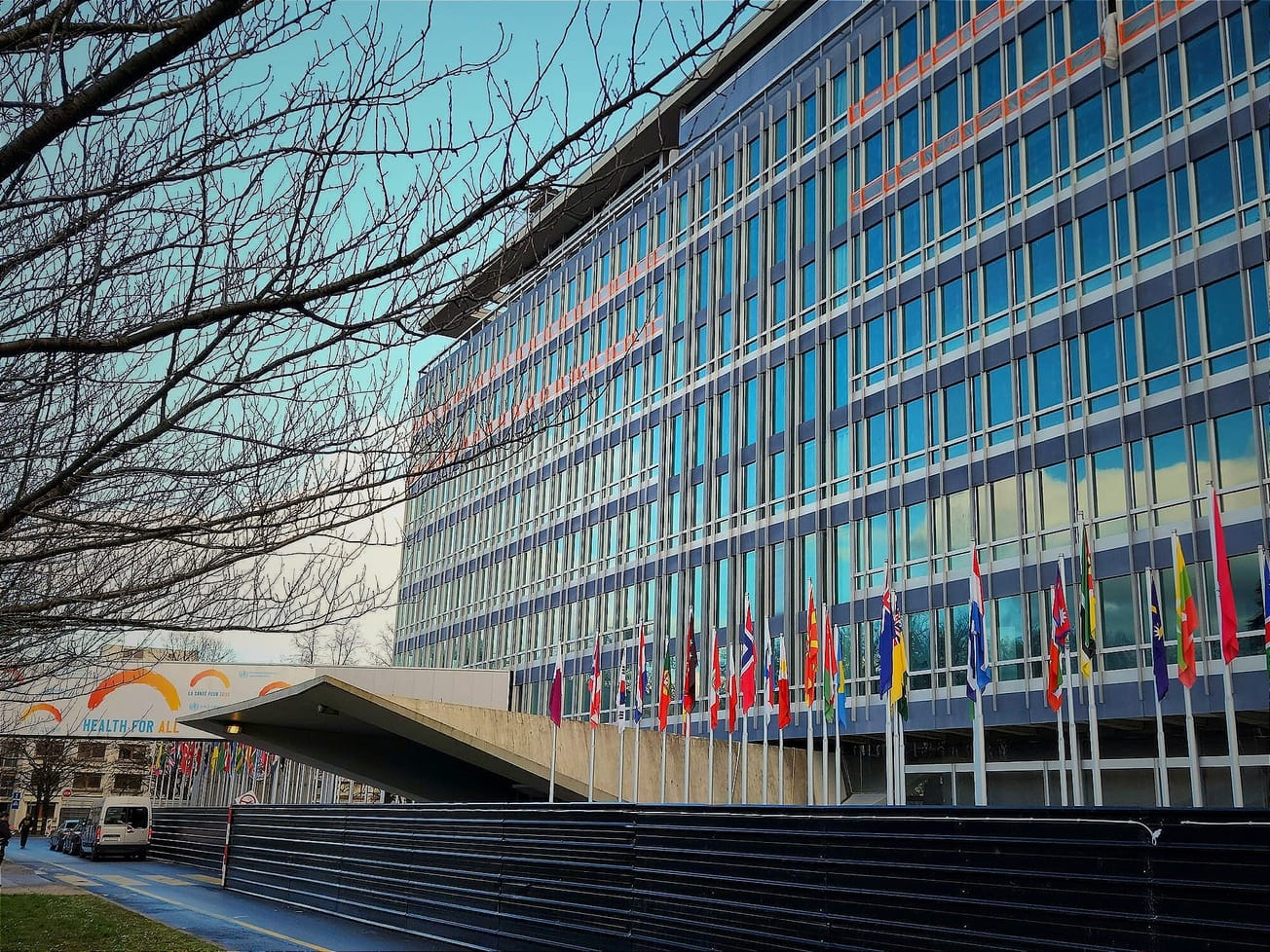GENEVA (AN) — Global efforts to tackle the millions of women and babies who die each year during pregnancy have stalled since 2015 largely due to inadequate funding, according to a new U.N. report.
More than 4.5 million pregnant women and babies die each year during pregnancy, childbirth or during the first few weeks of life – about one death globally every seven seconds.
That includes 2.3 million deaths of newborns in the first month of life, 1.9 million stillbirths after 28 weeks of pregnancy and 290,000 maternal deaths annually.
As a result, the report concluded, at least 60 mostly low- and middle-income nations won't meet their targets under the U.N. 17 Sustainable Development Goals for 2030 that call for reducing maternal, newborn and stillborn mortality.
The report on Tuesday is from three United Nations agencies: World Health Organization, UNICEF and U.N. Population Fund.
The COVID-19 pandemic made it harder to provide the health care needed to prevent these "unacceptably high rates worldwide," said Dr. Anshu Banerjee, who directs WHO's department in charge of the issue.
"More and smarter investments in primary health care are needed now," he said, "so that every woman and baby – no matter where they live – has the best chance of health and survival.”
Maternal deaths continue to be concentrated in the poorest parts of the world.
— World Bank Health (@WBG_Health) May 8, 2023
Immediate action, more investments in #PrimaryHealthCare, and stronger, more resilient #HealthSystems are crucial to save lives, improve health and well-being.
🆕 Report: https://t.co/UiWxTZCxvV pic.twitter.com/H1mjLyNmhe
Inequalities by region and wealth
As with so many health issues, much of the problem revolves around access to quality care and financing.
The report blames the COVID-19 pandemic, rising poverty, and dire humanitarian crises for the stretched resources, though pre-existing inequities abounded particularly in conflicted-affected African countries.
It found 90% of those countries lacked funding to implement their plans to meet the U.N. 2030 targets.
“As is too often the case, vulnerability, fear, and loss are not spread equally around the world,” said UNICEF's Health Director Steven Lauwerier.
Launched at a global conference on the issue in Cape Town, South Africa, the report calls for more financing for primary health care, including midwives, plus essential medicines and supplies, safe water, and reliable electricity.








